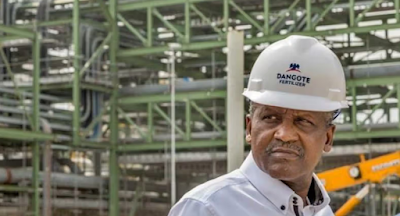In recent years, criminal gangs in the region, known in the country as bandits, have taken to kidnapping people as a means to raise money.
In this incident, 56 people were taken from Banga village, Kauran Namoda local government area in March. The gunmen then demanded a ransom of one million naira ($655; £485) per captive, media in Nigeria report.
Local government chairman Manniru Haidara Kaura said that most of those killed were young people who "were slaughtered like rams".
"What happened was that the bandits demanded ransom money, and after some back-and-forth, they were given what they asked for. They then released 18 people, including 17 women and one young boy, on Saturday," Haidara added.
"Only they [the gunmen] know why they killed them. They are senseless and heartless people. They forget that they are killing their own brothers, and we will all meet before Allah."
Residents said three pregnant women who were among the hostages gave birth while in captivity, but all the new-borns died due to lack of care.
Survivors recounted being forced to witness the brutal killing of fellow hostages before being allowed to leave the forest.
Sixteen of those released on Saturday are in hospital receiving treatment, while the bodies of the 38 killed by the bandits are unlikely to be returned as in these cases corpses are rarely released.
In a statement, the Zamfara government condemned the killings calling them "barbaric and cowardly" and declared that such atrocities added to its resolve to wipe out terrorism from the state.
"To the grieving families, we share your sorrow and pray for strength and healing. To the good people of Zamfara, remain united and vigilant. Report suspicious activities, and together, we will defeat evil."
The government has said that the killers would be brought to justice.
In an attempt to curb the spiralling and lucrative kidnapping industry, a law was enacted in 2022 making it a crime to make ransom payments. It carries a jail sentence of at least 15 years, however no-one has ever been arrested on those charges.
It also made abduction punishable by death in cases where victims die.
But families often feel forced to pay to save their loved ones, citing the government's inability to ensure their safety.



